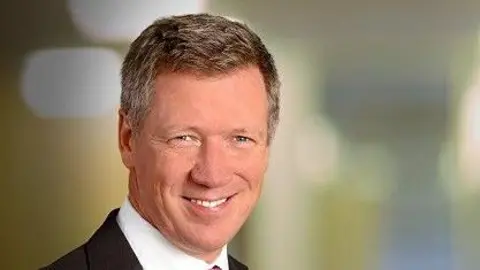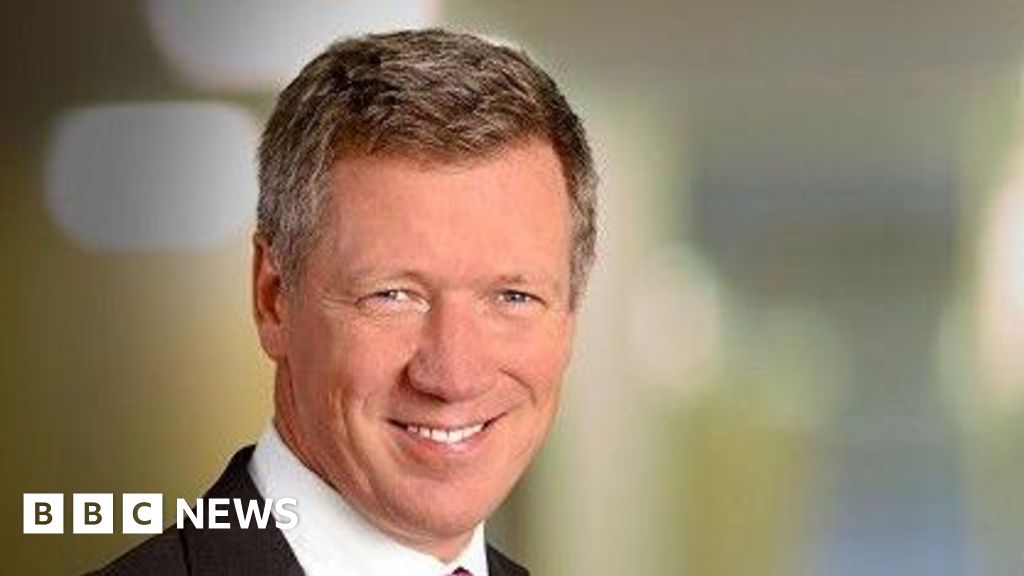 Compass Chambers
Compass ChambersA Scottish KC who was found to have acted in a “serious and reprehensible manner” in a legal feud over a dating app business has lost his appeal against a misconduct finding.
Andrew Smith KC had appealed after the Faculty of Advocates complaints committee found him guilty of three counts of professional misconduct following a complaint by a man involved in a civil dispute with two former business partners.
The disciplinary tribunal of the Faculty allowed the appeal on one count, but upheld the remaining two, concluding they were “sufficiently serious on their own” to justify the conclusion that Mr Smith’s actions amounted to professional misconduct.
Steven Elliott had complained about Mr Smith’s conduct during a protracted legal feud over two dating apps, Bender and Brenda.

Mr Elliott had planned to launch the apps with two friends, Steven Worley and Kevin Farrell, in 2011. The trio fell out and Mr Elliott tried to launch the business on his own. This led to civil litigation starting in 2013 from Mr Worley and Mr Farrell, who were represented by Mr Smith.
Several court cases over the control of the business and its IP ensued, the defence of which Mr Elliot says cost him hundreds of thousands of pounds. He was declared bankrupt in one, but in another, a judge ruled that he had been entitled to set the business up on his own.
Mr Elliott first complained about Mr Smith’s conduct in the cases in 2018. He claimed Mr Smith had become personally involved in the business affairs of his clients, contrary to the advocates’ rule book, the Guide to the Professional Conduct of Advocates.
Last year, the Faculty complaints committee agreed and found Mr Smith guilty on three counts and said he had failed to adhere to an advocate’s “fundamental obligations” and to “maintain independence”.
Mr Smith said he was “astonished” by the finding and appealed.
In the new Faculty ruling, the disciplinary tribunal agreed with the complaint committee’s finding that Mr Smith should not have accepted the instruction to act for Mr Worley and Mr Farrell between January 2015 and May 2018 because of a close personal involvement with their business affairs.
The tribunal agreed that this breached rules around duty of independence and obligation of trust.
The tribunal also upheld Mr Elliott’s complaint that Mr Smith should not have accepted instruction to appear for Mr Worbey and Mr Farrell in May 2018.
This involved Mr Smith acting for the men despite introducing them to his brother, David Smith. David Smith later secured the trademarks for the dating apps through his company.
The tribunal dismissed the committee’s findings on the third count, relating to alleged improper contact with Mr Elliott’s bankruptcy trustee in May 2018.
But it said the two upheld complaints were “sufficiently serious on their own to justify the conclusion that the member’s conduct in relation to these issues amounted to professional misconduct”.
The tribunal acknowledged the committee did not find Mr Smith had acted dishonestly or in bad faith. Rather, the issue had been around a lack of understanding around professional boundaries.
However, it said the Guide to the Professional Conduct of Advocates attached “considerable importance to the requirement for an advocate to have absolute independence, free from all other influence, especially such as may arise from his personal interests” and said the complaints committee was entitled to conclude Mr Smith’s conduct “amounted to professional misconduct”.
Mr Smith had previously been handed a severe written censure. The tribunal said this sanction would stand because the committee had made no errors in finding breaches to the code on two counts.
The BBC has tried to contact Mr Smith for comment but he has not been available.
Steven Elliott, the complainer, told the BBC he felt “vindicated” but that the process should not have taken seven years.
“I should not have had to endure a complaints process so exhausting, intimidating, obstructive, and expensive – a process clearly designed to make people give up,” he added.
He said the system needed reform and that he hoped his case would encourage other people to speak up “even when the odds are stacked against them”.

